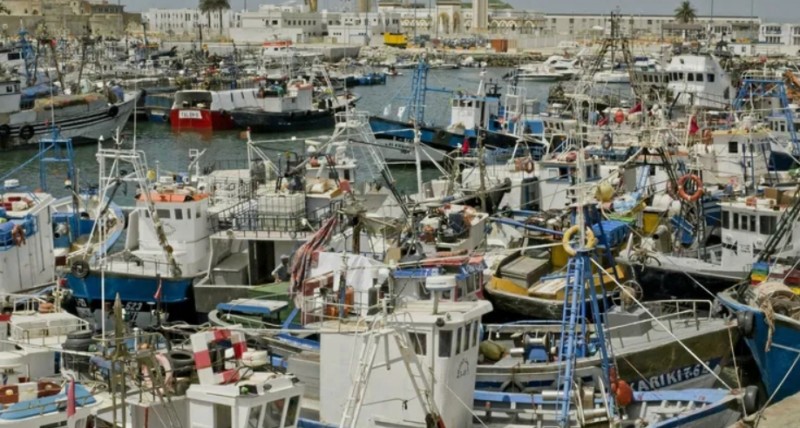Port of Conakry: A Natural Gateway for Malian Freight
The transit of goods from landlocked countries through coastal nations represents real added value for transit countries, as it impacts the entire logistics and transport chain.
Landlocked countries rely on foreign ports for their imports and exports. Coastal nations can offer more efficient logistics solutions, thereby reducing transport costs and facilitating access to global markets.
By becoming a primary transit hub for these landlocked countries, the Port of Conakry could reap the following benefits:
- Increased port revenue through transit fees (customs duties, handling charges, and taxes on goods in transit);
- Expansion of logistics services, including warehousing, transportation, and distribution;
- Job creation, both direct (in transport, handling, and freight management) and indirect (in related sectors such as hospitality, food services, and auxiliary services);
- Infrastructure development, with investment in port expansion and modernization to improve logistics capacity;
- Improved transport networks, including the development of storage facilities and essential infrastructure such as roads, railways, and pipelines to facilitate freight transit;
- Stronger regional cooperation, through trade agreements and institutional partnerships;
- Local capacity building, with training, skill development, and technology transfer.
Despite these numerous advantages, the Port of Conakry remains insufficiently competitive to capture significant market share in the transit of freight from West Africa’s landlocked countries.
According to the 2024 report from the Entrepôts Maliens en Guinée (EMAGUI):
- Imports: 116,670 tons in 2024 compared to 97,532 tons in 2023 – an increase of 19.62%;
- Exports: 17,988 tons in 2024 compared to 22,528 tons in 2023 – a decrease of 20.15%.
These figures reflect a persistent weakness in Malian freight transit through Guinea, despite the often-cited political closeness between Mali and Guinea, described as « two lungs of the same body. » This shared identity should also translate into economic ties, as economy is the foundation of politics—in other words, build me a strong economy, and I’ll give you strong politics.
To remedy this situation, political leaders from both countries—as well as all stakeholders along the Conakry-Bamako corridor—must become actively involved so that in the near future, we might proudly say:
« Mali and Guinea—two countries, one port. »
In recent years, major efforts have indeed been made to modernize the Port of Conakry, giving it clear competitive advantages over rival ports, including:
- Border and distance advantage: Conakry is only 991 km from Bamako, compared to 1,052 km from Abidjan and 1,303 km from Dakar;
- Port rankings: According to the World Bank and Standard & Poor’s, Conakry ranks 1st in West Africa and 197th globally, while Abidjan and Dakar trail behind at 318th and 381st, respectively;
- Road conditions: The Conakry-Bamako corridor is in good condition, and road harassment has significantly decreased.
Despite these gains, Conakry still captures less than 5% of Malian freight, according to the president of Malian freight forwarders in Guinea. Even during the 2022 ECOWAS embargo on Mali, the port only managed to handle 20% of Malian freight. The bulk of Malian freight continues to pass through competing ports like Dakar, Abidjan, Accra, Lomé, and Cotonou.
This situation runs counter to expectations, especially considering the port’s efficient management and strategic partnerships with globally recognized concessionaires such as Albayrak and Bolloré.
It is therefore logical to ask the right questions and explore ways to improve performance in order to transform the Port of Conakry into a subregional maritime hub.
Key obstacles to boosting Malian transit through Conakry include:
- High maritime freight costs, with a difference of up to $1,000 per container compared to competing ports;
- Shorter grace periods, with a maximum of 17 days at Conakry, versus 25 days at the Port of Dakar, which also enjoys a railway connection to Bamako.
Conclusion
A stronger partnership between a coastal nation and its landlocked neighbors could yield mutual economic and political benefits, with long-term positive impacts. Guinea would be wise to position the Port of Conakry as the natural port for Malian freight, and Guinean port authorities should deploy every strategy to meet this achievable goal.
Source: ledjely




